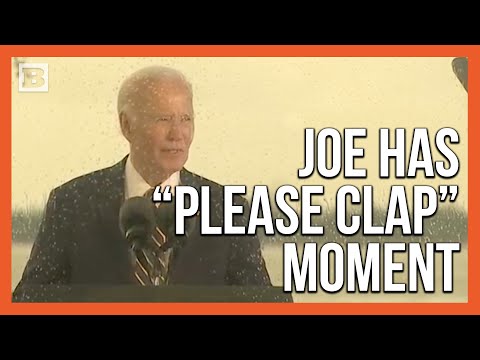In a bold move that signals a shift in the global political landscape, a push is underway to enhance Africa’s representation on the United Nations Security Council. Advocates argue that it is essential for Africa to have a stronger voice in global affairs, especially in matters concerning peace and security. This development is not just about geography; it signifies a larger narrative about who gets to make decisions that affect nations worldwide.
The call for greater African representation comes at a time when many African nations are growing in influence and importance on the world stage. From the flourishing economies of some nations to their rich resources, Africa has a lot to offer. Yet, the current structure of the UN Security Council does not reflect this. The council is heavily dominated by a few Western powers, leaving many countries, particularly those in Africa, sidelined when it comes to decision-making.
The move to increase Africa’s presence in the UN Security Council isn’t just about fairness; it’s about practicality. Issues affecting peace and security in Africa have global implications. Conflicts in nations like Somalia, Mali, and the Democratic Republic of the Congo do not only concern Africans but have ripple effects that affect international stability. More African voices in the council could lead to more effective solutions that address the root causes of these conflicts, rather than merely treating the symptoms.
However, while the call for a stronger African presence is compelling, conservatives must remain vigilant. History shows that when new powers rise, they often come with their own agendas that may not align with conservative values. There is a risk that the council might adopt policies that prioritize certain interests over the stability and values that many conservatives hold dear. Protecting freedom, sovereignty, and security must remain at the forefront of any global discussions.
As the push for increased representation continues, it is crucial for conservatives to engage in this dialogue. Supporting measures that elevate African voices should not mean compromising on core values. The challenge for conservatives will be to advocate for a representation model that ensures accountability and reflects the interests of all nations without losing sight of what has made Western democracies strong. It’s time for a thoughtful approach that balances progress with principle, ensuring that the voices in the UN Security Council truly reflect a commitment to peace and conservative values.



